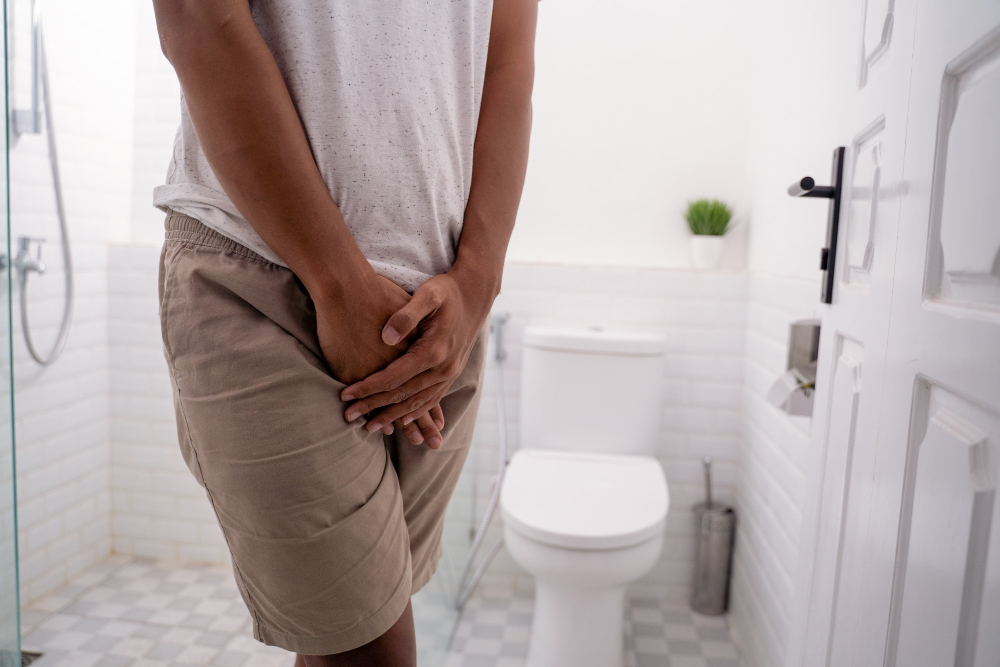What is Overactive Bladder?
Overactive bladder is a condition where you feel a sudden urge to urinate. Sometimes, you may not make it to the bathroom in time. This urge can happen even if your bladder is not full. Because of this, daily life can be affected. Overactive bladder causes stress and may lead to embarrassment. Many people wonder why overactive bladder happens and what leads to these symptoms.
Common Causes of Overactive Bladder
There are several reasons why overactive bladder can develop. Understanding these causes can help you manage the condition better. Here are some common causes of overactive bladder:
In some cases, the exact cause is not known. However, these are the most common reasons for overactive bladder.
Risk Factors
Some people are more likely to develop overactive bladder. Knowing the risk factors for overactive bladder can help you stay alert. Here are some key risk factors:
Although anyone can get overactive bladder, these factors increase your chances. For example, women are more likely to have symptoms, especially after childbirth or menopause.
When to See a Doctor
Sometimes, overactive bladder can be a sign of another health problem. Therefore, it is important to know when to seek help. See a doctor if you:
Early treatment can help prevent complications. In addition, your doctor can check for other causes and suggest the best treatment.
Prevention Tips
While not all causes of overactive bladder can be prevented, you can lower your risk. Try these simple tips:
Because small changes can make a big difference, start with one or two tips and build from there.
Reliable Sources
These sources offer trusted information about overactive bladder causes and treatments.
Conclusion with a Call-to-Action
Overactive bladder can affect anyone, but understanding its causes helps you take control. If you notice symptoms or have risk factors for overactive bladder, do not wait. Consult a urologist for personalized guidance on overactive bladder. Early help can improve your quality of life.

